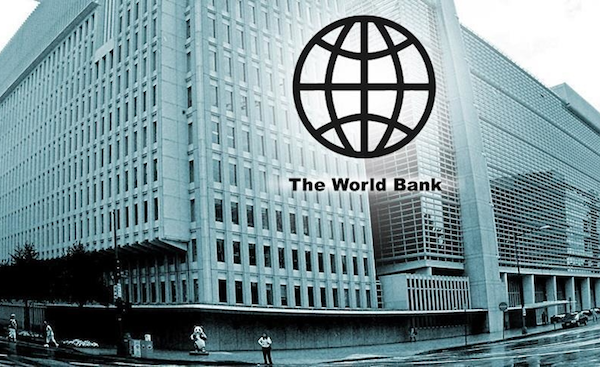The Government of Ghana through the support of the World Bank is set to develop a national clean cooking strategy. This is to serve as a guide to propel a thriving clean cooking sector in the country.
The Project covered 10 communities and benefited 13,000 individuals in the Ellembelle District and later extended to the other parts of the Country.
This was disclosed at the launch of the Clean Cooking Pilot Project on Thursday by the ENI, an international oil and gas firm in collaborations with Vitol, the Ghana National Petroleum Commission,
Senior Energy Specialist with the Africa Energy Group of the World Bank, Madam Juliet Pumpuni, said clean cooking solutions will help the country to achieve the Sustainable Development Goals (SDGs), particularly in the areas of good health, Gender equality, climate action, environmental sustainability and eliminating poverty in Ghana.
Access to modern energy solution
She observed that unhygienic cooking environment results in many premature deaths especially among women and children.
She further called for an urgent action to scale-up access to modern energy solution for cooking in Ghana through policies, financing, technology and the development of a thriving clean culinary market in the country.
Madam Pumpuni adds that the country risked missing out on achieving the universal access to modern energy services on the SDGs by 2030.
World Bank’s main mission, in this regard, she said, is to reduce poverty and improve living conditions while also promoting a sustainable and comprehensive development for developing countries.
Power of Partnership
According to Madam Pumpuni the World Bank is excited to leverage the power of partnership by joining forces with ENI to ensure that universal access to clean cooking solutions in Ghana becomes a key element in safeguarding the broader aims of the SDG seven.
And so, she said, the collaboration with ENI for the Clean Cooking Pilot Project will serve as a “test case for developing further contextualised support systems and programmes from the World Bank to the government of Ghana in its clean cooking promotion agenda”.
She said key lessons acquired from the implementation of the Clean Cooking Project can be used by the government in drafting its national clean cooking strategy.
The Managing Director of ENI Ghana, Mr Roberto Daniele, said the country is experiencing significant transformation through the discovery of new resources and adoption of modern technologies.
This, he adds, will offer opportunities to the people for sustainable development.
He said the aim was to provide a reliable and sustainable clean energy with the target of giving the people the chance to develop all by themselves.
Success
Mr Daniele further promised to ensure that the project became a success, adding that they are only in Ghana to provide access to clean cooking facilities to people in their communities.
He stated that the reliance of the people on traditional method of cooking causes pollution and health complications, adding that it also caused degradation and deforestation.
The Managing Director said that the project would embolden local businesses while also providing jobs to the people in the communities.
The Manager for Sustainability at the GNPC, Madam Carmen Bruce-Annan, said solid fuels such as wood causes a lot of pollution, respiratory illnesses, heart problems and sometimes fatalities.
She, again, added that indoor pollution alone causes more than four million premature deaths with 50 per cent of them being under age of five, annaully. Madam Bruce-Annan said the benefits that can be derived from the pilot includes reduction of harmful emissions into the atmosphere, increase in efficiency and improvement in the livelihoods of Ghanaians.








